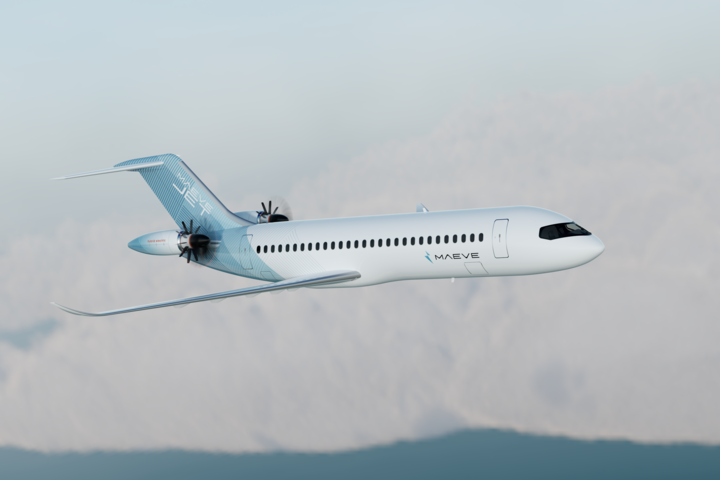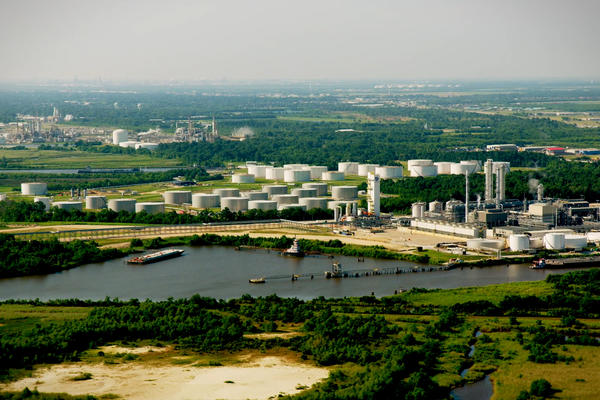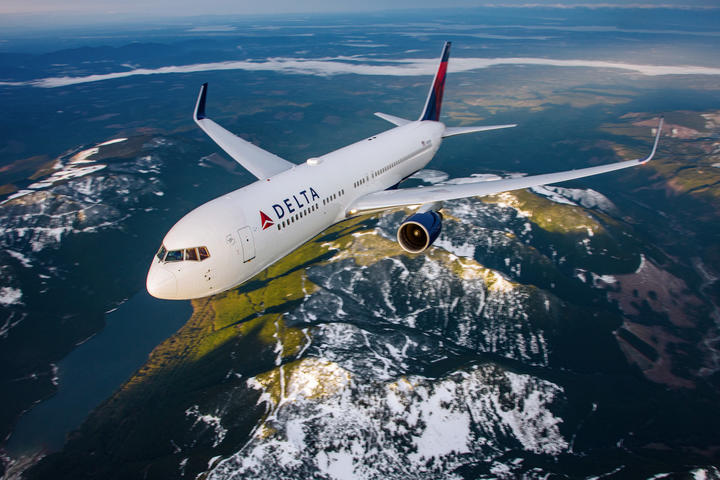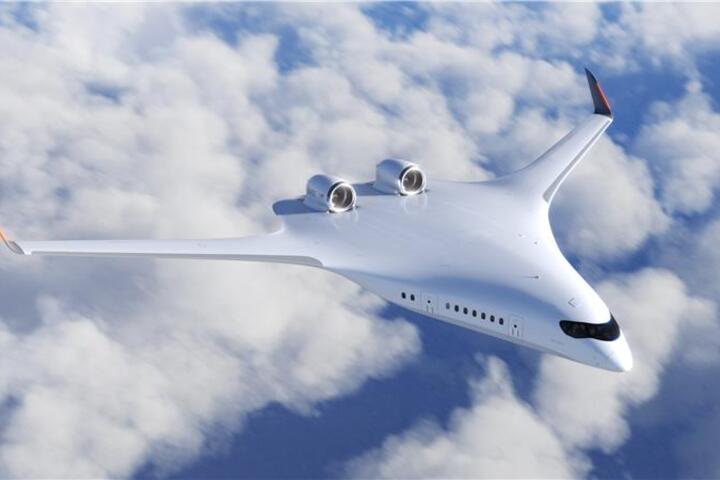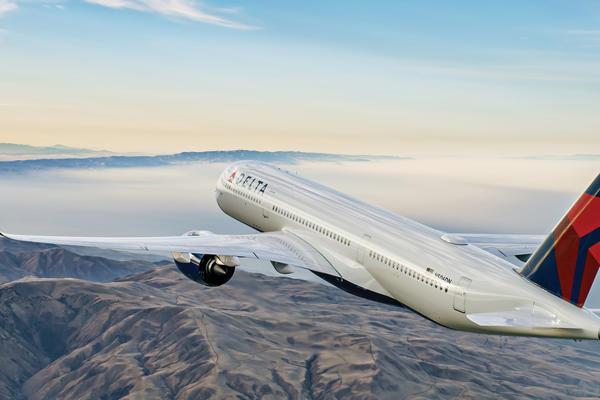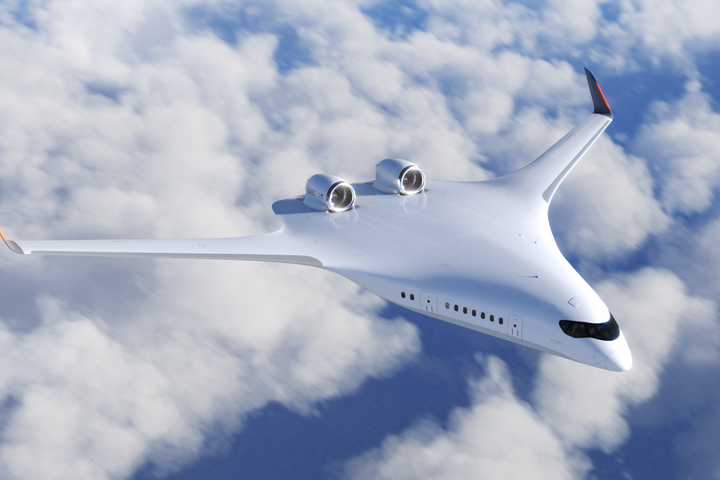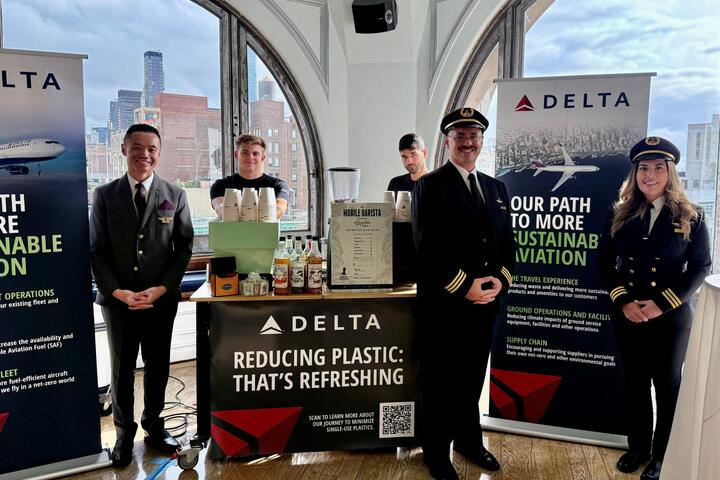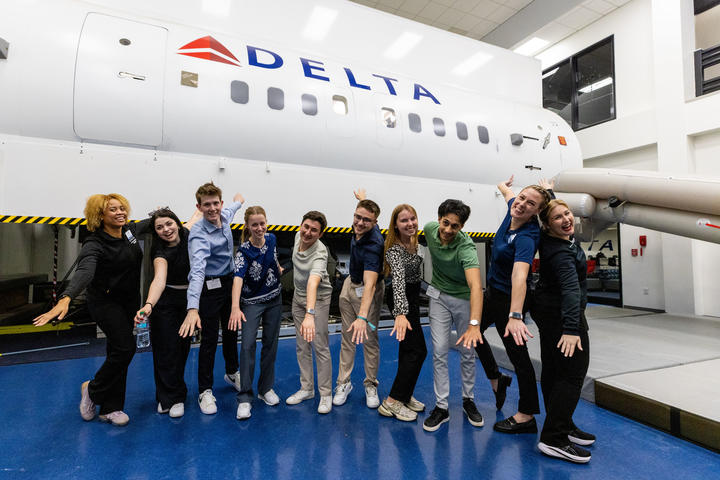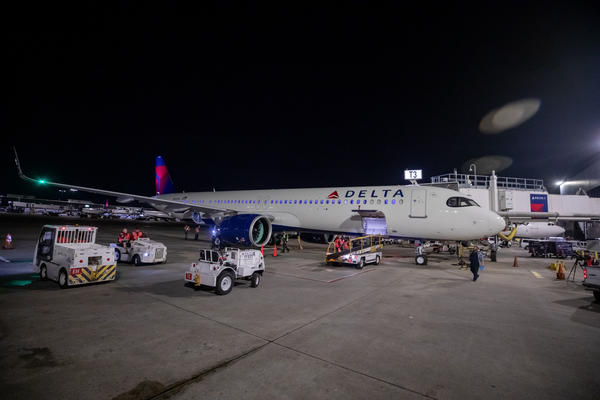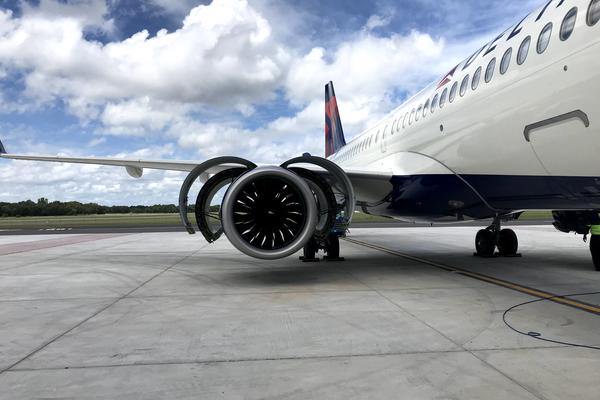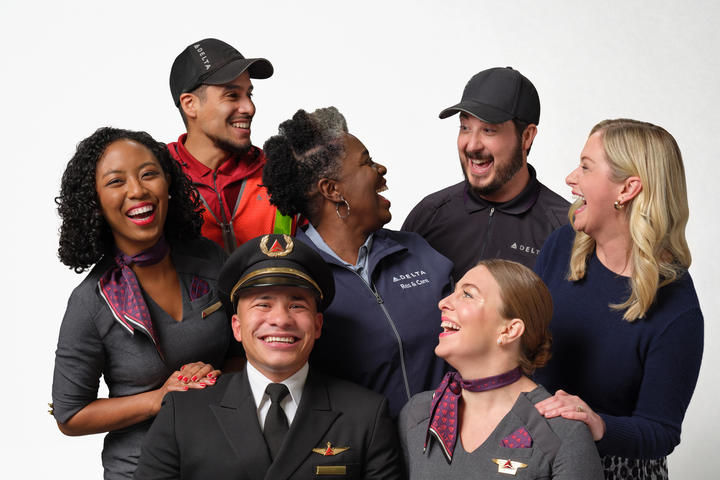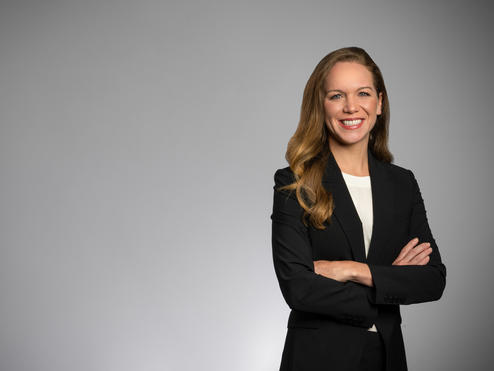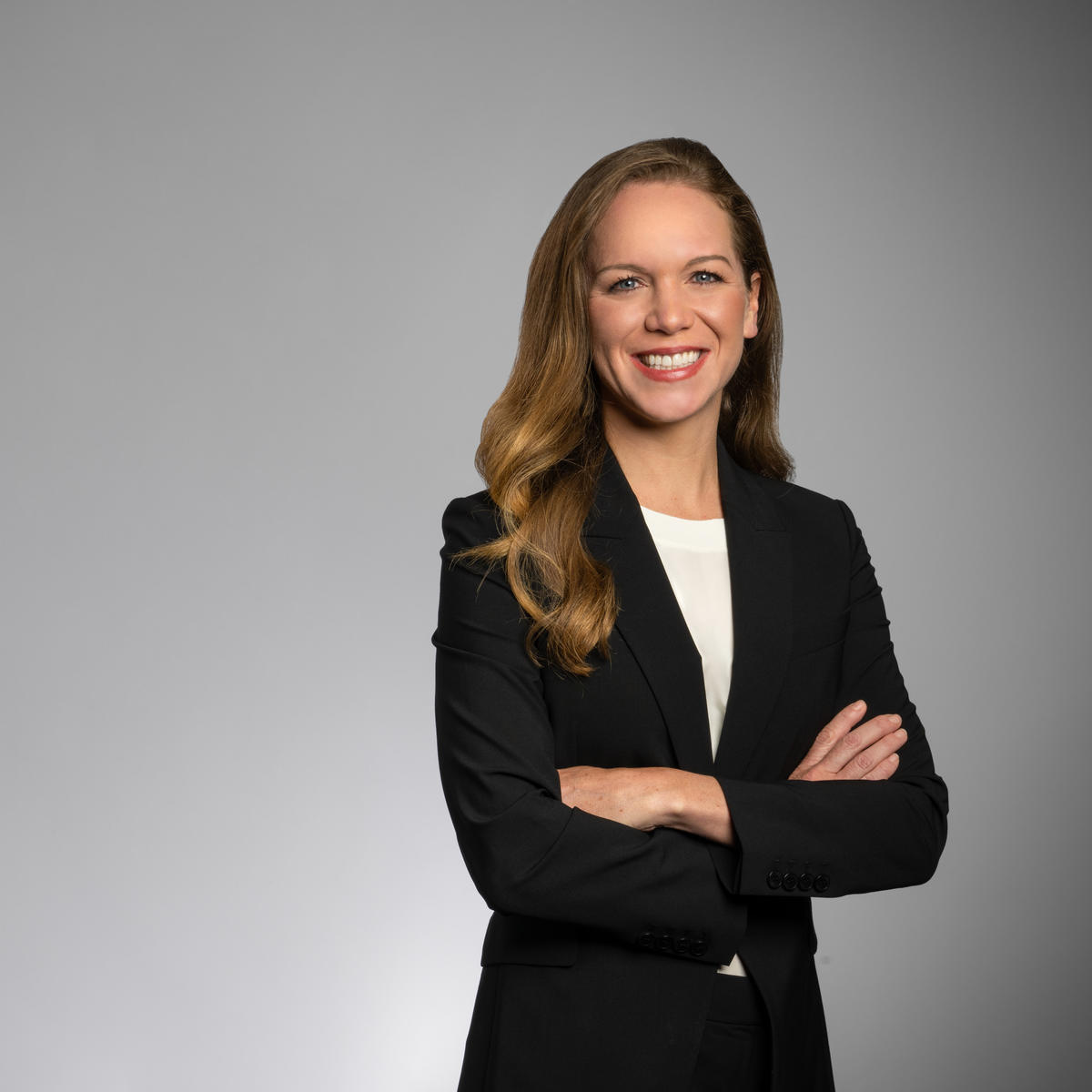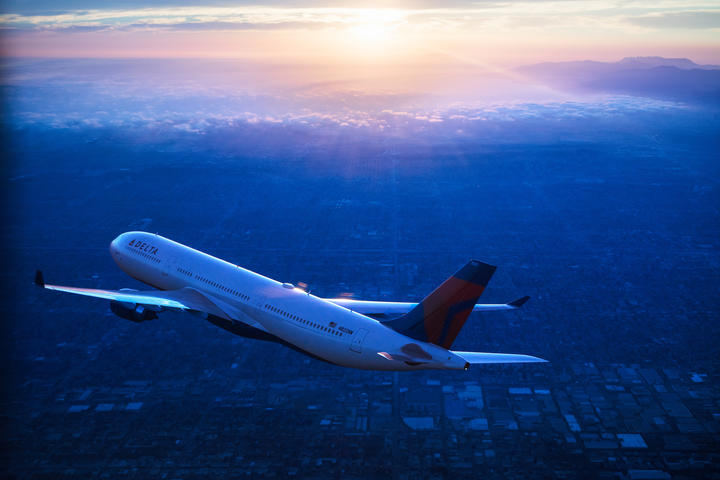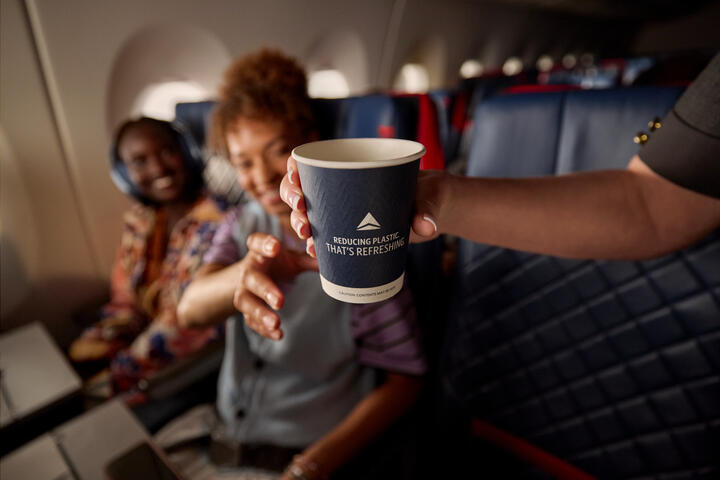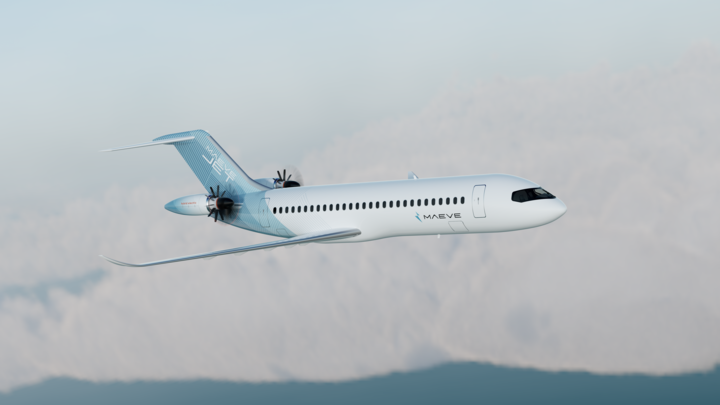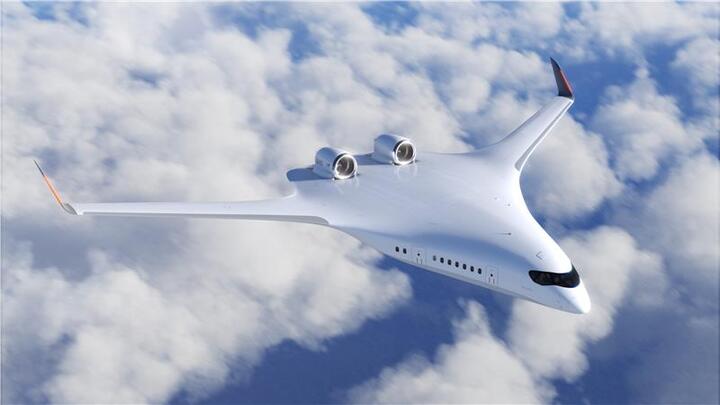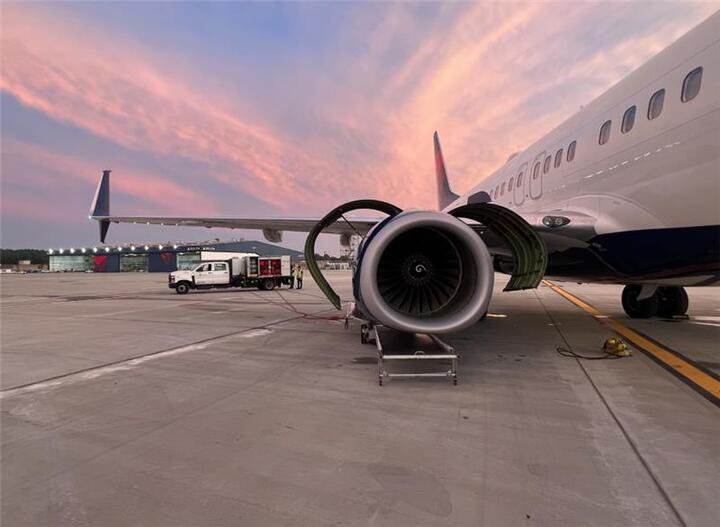Sustainability
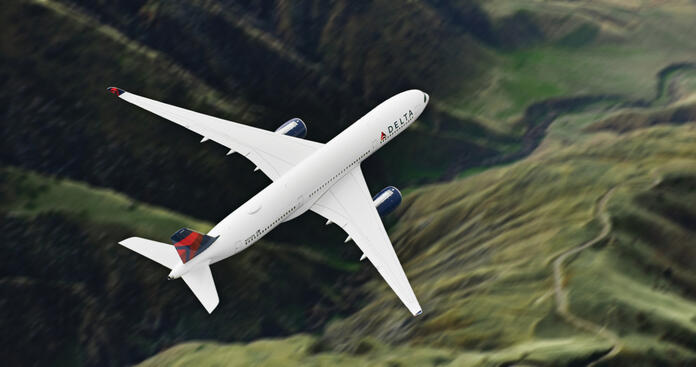
Connecting people to a more sustainable future
Setting a bold vision and accelerating our work to deliver sustainable travel experiences and achieve net-zero emissions by 2050 is not only good for communities and our planet, it is a business imperative.
Delta made meaningful progress toward its decarbonization goals in 2025, including investing in next-generation aircraft, improving operational efficiency and scaling sustainable aviation fuel (SAF).
Delta to provide operational expertise to bring Maeve’s hybrid electric aircraft, which is up to 40% more fuel efficient, to commercial viability for regional flights
Delta Air Lines, in collaboration with Shell and Portland International Airport (PDX), has taken delivery of Sustainable Aviation Fuel (SAF) into the PDX fuel system, marking the first commercial-scale SAF uplift at PDX.
The 2024 Delta Difference report is a celebration of Delta’s mindset to keep climbing toward a more sustainable future of travel, while taking care of communities alongside the airline’s greatest differentiator – its people.
Learn more about Delta and JetZero's partnership as they bring their revolutionary blended-wing-body-aircraft to life.
Learn more about how Delta is prioritizing sustainable innovation through fuel saving efforts in Hilo, Hawaii.
Delta has achieved a big milestone laid out in its strategic sustainability roadmap: Achieving one percent fuel burn savings, or 45 million gallons* of jet fuel, from operational improvements.
From Airbus’ fello’fly technique which takes inspiration from migrating geese to MicroTau’s ‘shark skin’ addition to planes – the airline industry continues to look to nature for innovation inspiration.
With approximately 90% of Delta’s carbon emissions coming from jet fuel, the global airline is focusing efforts on “What We Fly, How We Fly, and The Fuel We Use,” each of which is defined by key milestones along the way.
Delta’s leading sustainability actions landed the airline on Fast Company’s 2025 list of Most Innovative Companies.
Delta Air Lines is partnering with JetZero on a revolutionary, more sustainable aircraft that looks and feels like nothing flying today’s commercial skies.
Delta is committed to connecting the world to a more sustainable future of travel. Read about the progress made in 2024 toward its decarbonization and sustainability goals.
For the first time in both Minnesota’s and Michigan's aviation history, sustainable aviation fuel (SAF) has arrived via pipeline to two Delta hub airports, Minneapolis-St. Paul International Airport (MSP) and Detroit Metropolitan Airport (DTW).
Chief Sustainability Officer Amelia Deluca showcased Delta’s decarbonization efforts when she took to the stage at New York Climate Week to discuss the work Delta is doing with employees to reach our sustainability goals.
The first-of-its kind Minnesota SAF Hub launched in August 2023 with a commitment to implement an ambitious shared strategy for aggressively decarbonizing the airline industry by scaling SAF production and replacing conventional jet fuel.
The Sustainable Skies Challenge aims to formulate innovative sustainable aviation solutions among Europe's brightest young minds.
The partners are exploring airport infrastructure and operational requirements to stand up hydrogen operations at the world’s busiest airport.
Delta shares their 2023 Environmental, Social and Governance report, which shows how the global, values-led airline is creating a safer, more equitable workplace that reflects the communities that it serves while advancing a more sustainable future of travel.
This Earth month, we’re sharing how Delta is leading in efforts to bring together diverse stakeholders and coalitions, while advocating with local, state and federal policymakers for the needed incentives to increase SAF production in the U.S.
During Earth Month and beyond, there are a number of ways Delta is making progress on its path to net-zero and bringing the Delta people and customers along on the journey.
Delta climbed the ranks on Fast Company’s Most Innovative Companies list in the travel category, earning accolades for making fast, free Wi-Fi standard in the sky.
Chief Sustainability Officer Amelia DeLuca shares some ways in which Delta is already working toward achieving an overarching environmental sustainability strategy that is designed to be durable for the long term.
Delta will begin its final testing of new paper cups on board transcontinental flights starting in December 2023. This latest sustainability milestone underscores the airline’s commitment to innovation and progress. Pending testing, the new paper cups will be rolled out throughout Delta’s network.
Leader bio
During her nearly 20-year career with Delta, DeLuca has held varied leadership positions within the Sustainability, Global Sales, Revenue Management and Network Planning teams.
This announcement is part of Delta’s ongoing commitment to protecting the planet which, since 2005, has resulted in a 9 percent decrease in emissions as Delta works toward its long-term goal of reducing its emissions
© 2026 Delta Air Lines, Inc.
Videos
Remote video URL
Remote video URL

